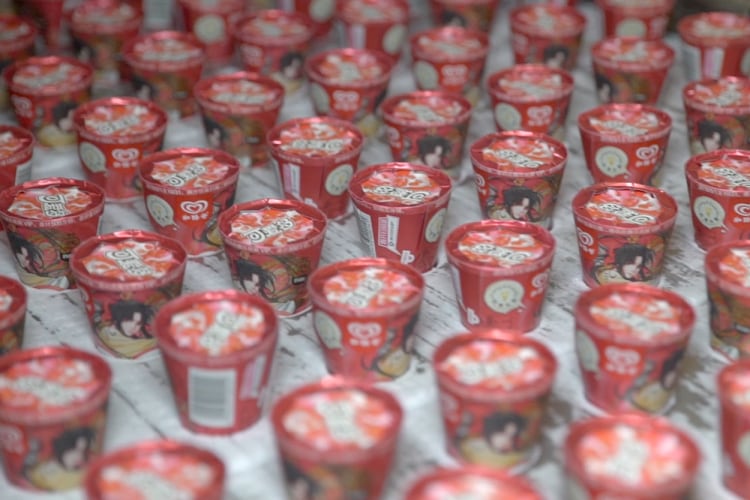The WEF’s Lighthouse sites are acknowledged for their adoption and deployment of Fourth Industrial Revolution technologies to transform business operations through innovation, sustainable practices and maximised efficiency.
"Increased global concern for environmental impact has made sustainability a must-have to maintain business viability. The Sustainability Lighthouses make it clear that by realizing the potential of 4IR technologies in manufacturing, companies can unlock new levels of sustainability in their operations and explore a win-win solution: greater operational competitiveness while simultaneously making commitments to environmental stewardship, leading in a cleaner, more sustainable future as a result,” explained Francisco Betti, Head of Shaping the Future of Advanced Manufacturing and Value Chains at WEF.
The ice cream production site, located in TauCang, China, is the third Unilever facility to achieve this status. The first Unilever factory to be awarded WEF’s Lighthouse status was its manufacturing site in Dubai, and its site in Hefei, China was the second.
“We’re thrilled to have TaiCang part of the prestigious Lighthouse Network,” Jennifer Han, Unilever’s Head of Supply Chain Foods & Refreshment said.
The TaiCang factory was opened in 1996. It currently produces two million ice creams per day across brands including Magnum, Cornetto and Wall’s. That’s equivalent to 60 million litres of ice cream per year.
The Lighthouse status reflects the use of ‘revolutionary technologies’, Unilever noted. These include ‘digital smart machines’ and artificial intelligence that have resulted in ‘increased speed and agility’. This means the side can keep pace with changing consumer preferences and allowed the company to adapt quickly to the ‘unprecedented boom’ in e-commerce.
Digital platforms gain the latest insights from consumers through e-commerce and social media channels. One-click AI Sales Forecasting is able to accurately predict demand. Being able to combine consumer insights with a digital R&D platform has also ‘drastically’ shortened the innovation lead time, from 12 months to three, the consumer goods giant explained.
“By digitally transforming our value chains, we have been able to match the fast demands of the consumer and continue to produce our iconic and much-loved ice cream brands at scale. In addition, innovative technologies have allowed our factory workers to harness new, digital skills,” Han elaborated.
Efficiency has also significantly increased on the production line, Unilever revealed. Average changeover time of a production line - switching from Magnum vanilla to chocolate, for example - has been reduced from eight hours to just nine minutes.
In addition, new Unilever research shows that through smart automation, the Cornetto wafer cone is four times crispier than other available products, the company claimed.
The factory’s digital transformation has also accelerated sustainability efforts. Carbon emissions have been reduced by 83%, with electricity and water consumption being cut by 14%. The site is on track to be carbon neutral within the next two years, directly contributing to Unilever’s target to have zero emissions from its global operations by 2030.
These improvements have driven down manufacturing costs, Unilever Chief Supply Chain Officer Marc Engel noted. “The TaiCang site’s adoption of new technologies has expanded the factory’s efficiency and agility. It has seen a 42% reduction in manufacturing costs, while increasing ice cream market share in China.
“Unilever is on a journey to digitise its supply chain,” he continued. “The TaiCang site showcases a new type of smart manufacturing; one that combines productivity and competitiveness with environmental efforts. We see this as the future of manufacturing.”


